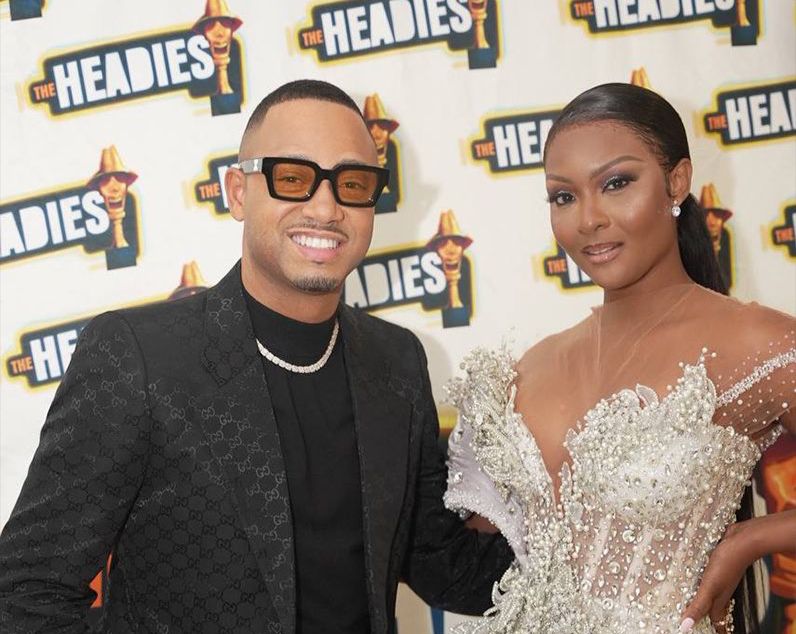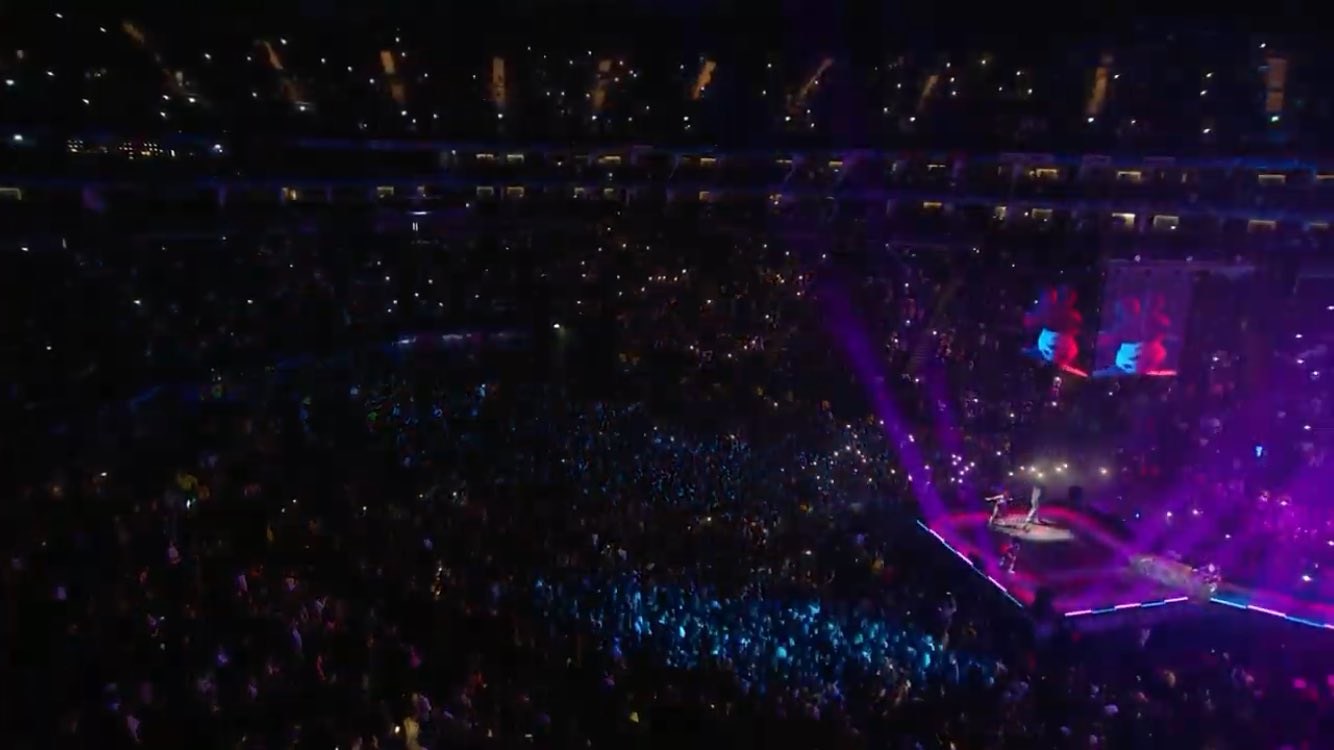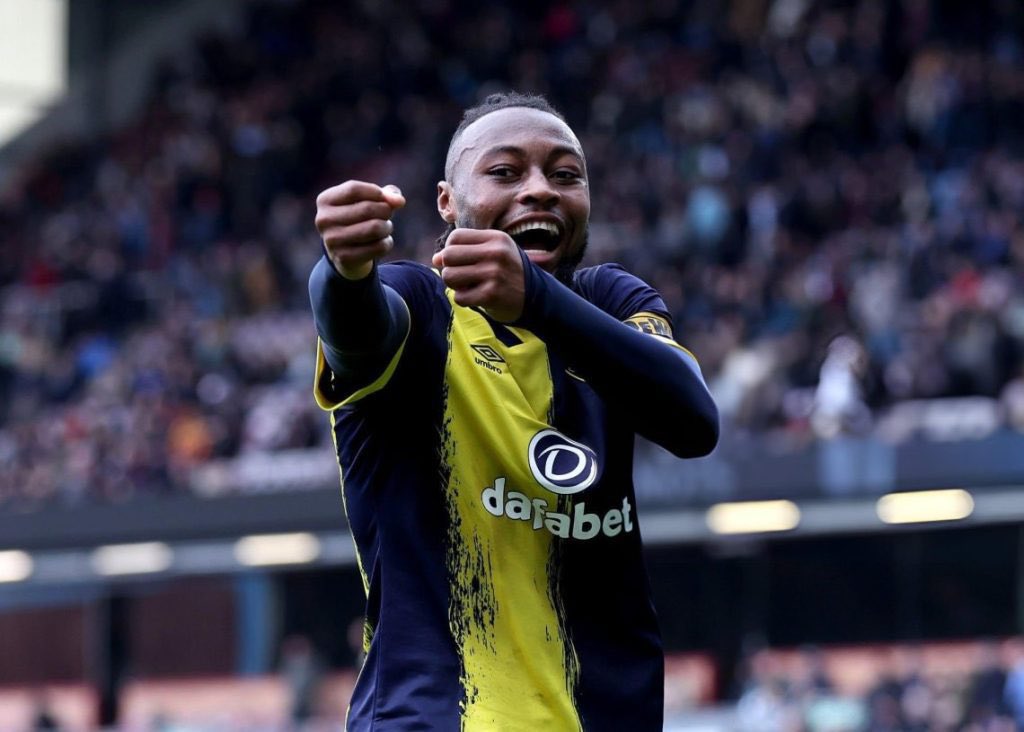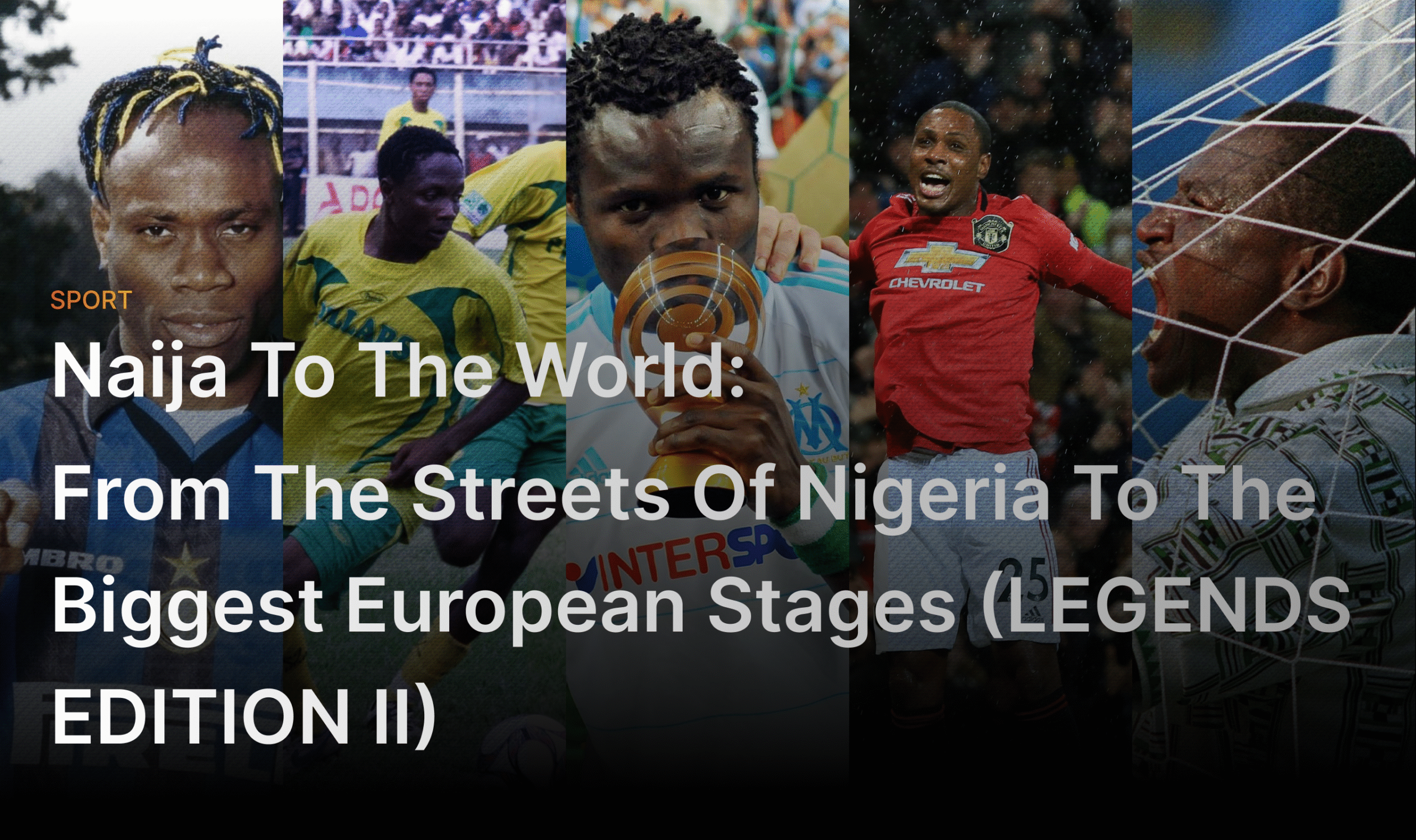The 16th Headies event took place last night in Atlanta, USA, with several Afrobeats stars and music executives in attendance. It was a night of glitz, glamor, style and celebration.
Hosted by Osas Ighodaro and Terrence Jenkins, it was a night that featured one of the greatest speeches ever delivered at any Nigerian/Afrobeats driven event. The joint-most awarded artiste of the night, Rema, gave an exhilarating speech on the importance of the current generation supporting African-based institutions and media houses, in a bid to keep the global fire that is ravaging Afrobeats ablaze. In his words, “Afro-rave, Afro-this, last last all of us will meet at the Afrobeats award”. There were also some very exciting performances from stars flying the afrobeats flag like Kcee, Odumodublvck, Wande Coal, Seyi Vibez and Asake (to mention but a few).
While the award marked a significant improvement over the maiden US edition held last year, there are several key areas that the Headies must address to match the quality of other prestigious award shows, both African and foreign.
There was noticeable disorganization throughout the program. This was evident on the red carpet, in the setup for taking pictures, the organization of photo shoots, and the communication with viewers at home. The disorganization also extended to the award show itself, with some categories going unannounced, while only those deemed important by the Headies received recognition. Even more scandalous and intriguing is that neither the Best Female Artiste category, nor other categories which had a woman as the winner were mentioned and awarded on stage. This makes it the first time a woman will not climb the Headies Award stage to collect an award. This flagrant disregard can be described as backwards because in 2023, this should never happen as a mistake.
Whether this was due to time constraints or other factors, it’s abysmal for recipients of prestigious Headies awards to discover their wins via platforms like X (formerly Twitter) after the live broadcast has ended. This comes after Wizkid and Davido slammed the BET awards in different forms for backstage award presentations, so it’s quite appalling to see the Headies potentially going in the same direction for whatever reason.
Worthy of mention was the “Best Alternative Music” category, where the wrong person was called as the winner (Obongjayar), whereas the actual winner was Wizard Chan with Earth Song. This preposterous and utterly embarrassing mistake for both artistes was booed by the physical audience, who saw the actual winner on the screens displayed. Disorganization has consistently been a recurring theme at the Headies awards, and while there has been noticeable progress in addressing this issue compared to previous years, the Headies must strive for better organization throughout the entire event, from start to finish.
Another factor worthy of note is the time management. There is no reason for an award show to go on for as long as 3 hours, yet all the awardees aren’t awarded. A show of rigor is needed between the performances, award presentation, speech giving and other vital parts of the award.
A sad but reoccurring theme of the Headies award over the years is major artistes who are nominated (and some who even win) not showing up for the event. As depressing as it seems, artistes would always have one or two reasons for not making an award show which isn’t so bad. What is bad is the absence of proper representation at the award show for such artiste. Usually, it’s anyone affiliated with the artiste that picks it up, but a certain amount of seriousness must be given to representation, which shows and underlines respect. I dare say we copy the style of international award shows (especially for major categories), where the winner of an award who isn’t around, sends in a complimentary video for the fans and other attendees to listen to an actual speech from the recipient.
Once again, hosting a Nigerian award show in Atlanta or anywhere else in the world, while majority of the viewers and artistes are all in Africa doesn’t sit right on any level. The Grammys have never done a special “African edition” nor hosted their prestigious award in South Africa or Egypt. This begs the question of why a Nigerian-Based award airing in the USA for the second time in a row, particularly with the USA time zone which is almost unfavorable to Nigerians. This isn’t the World Cup. This is an indigenous award show that Nigerians and all of Africa are thoroughly interested. There is a duty to cater to us, as we are important tools in the propagation of Afrobeats to the world. In addition, it’s great on paper to have an American host, but grossly unnecessary, given the flurry of talented and exceptional Nigerian hosts we possess. We need to continue supporting our indigenes, because they are a true part of our story.
Over the years, there has been a repeated question mark on some of the awards given to some certain awardees. While different metrics and algorithms are applied to select one nominee over another, there have been numerous controversial winners that have raised eyebrows among the majority of viewers. Without mentioning any specific categories, some awards already have apparent winners from the mention of the category, and the fact is; giving an award to a recipient when another nominee seems to have done more to deserve it proves to be a slap on the face of everyone involved excluding the winner. We would never want a situation where the firepower of an award is seemingly watered down, which tends to be where we’re headed, when nominees that fully deserve are robbed off their glory in the presence of the global community. Sometimes it seems like this happens just for the controversy and outburst, but again i ask, to what end? This needs to be seriously worked on, because it ultimately affects the prestige, standard, and power this award show possesses.
On a more positive note, the award show had noticeable progressions which should be highlighted in the spirit of celebration; the impressive work done with the stage set, the lighting, the sound quality and the performances from the artistes, showed the Headies is taking steps towards improving the overall experience of the show.
The 16th edition of the Headies, though with few hiccups here and there, can be said to be a promising work in progress. We look forward to the next edition, which we are hopeful would be in Nigeria, or any other African country, just for the culture.





